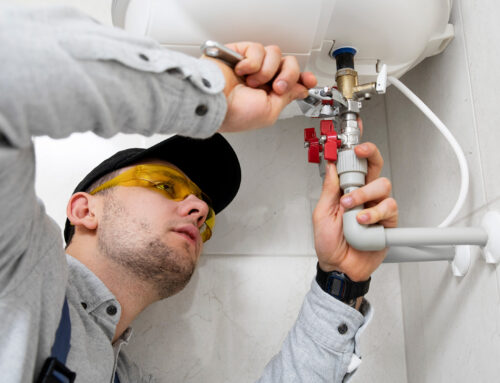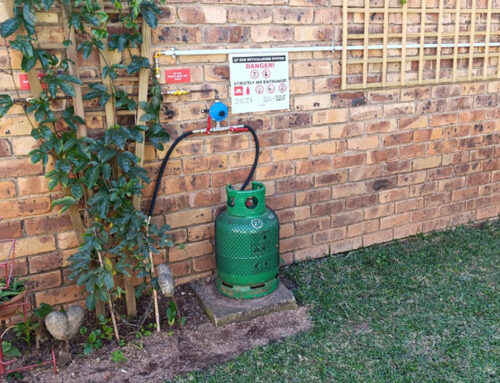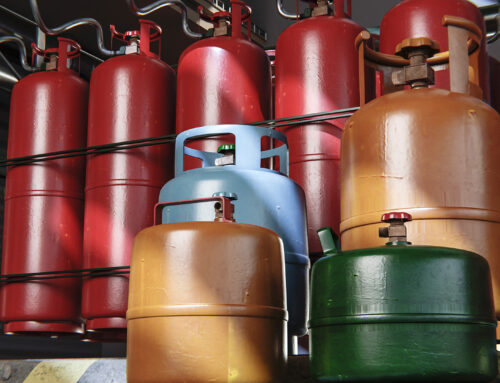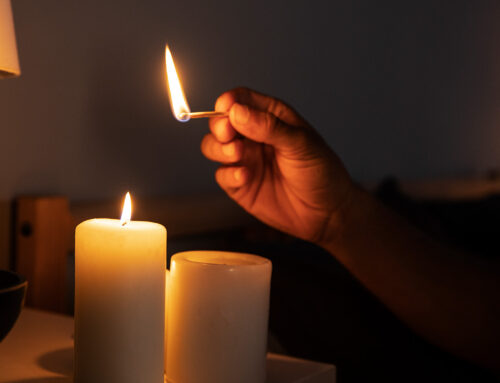Introduction
With more South African households turning to gas for cooking, heating, and water systems, safety has never been more important. While gas is clean, efficient, and cost-effective, it must be handled correctly to avoid serious health and safety risks.
This guide by Marvelous Gas Installations covers everything homeowners need to know to keep their homes and families safe—from choosing the right appliances to recognising warning signs of danger.
The Importance of Gas Safety
Gas leaks, carbon monoxide poisoning, and faulty installations can lead to fires, explosions, or respiratory issues. In South Africa, incidents have increased due to unlicensed installers and DIY jobs gone wrong.
Gas safety is not a luxury—it’s a legal and life-saving necessity.
Common Gas Risks in Homes
Here are some of the most frequent risks and how to prevent them:
1. Gas Leaks
-
Often caused by loose fittings or degraded pipes.
-
Leaks may go unnoticed without detectors.
-
Smell of sulphur or “rotten eggs” is a major warning.
Prevention Tip: Always use certified gas installers and install a gas detector in your kitchen or gas-using rooms.
2. Carbon Monoxide Poisoning
-
CO is a silent killer—odourless, colourless, and deadly.
-
Poor ventilation is often to blame.
Symptoms to watch for:
-
Headaches
-
Dizziness
-
Nausea
-
Confusion
Prevention Tip: Install CO alarms and ensure your gas appliances are correctly vented.
Choosing a Qualified Installer
According to South African law, gas installations must be handled by registered gas professionals who issue a Gas Certificate of Compliance (CoC). This certificate is vital for:
-
Property sales
-
Insurance claims
-
Legal compliance
-
Safety guarantees
At Marvelous Gas Installations, our technicians are fully certified and up to date with national gas regulations.
Essential Safety Practices for Gas Users
1. Regular Maintenance
-
Schedule annual inspections
-
Check for signs of wear, rust, or corrosion
2. Proper Ventilation
-
Never install gas appliances in tightly sealed rooms
-
Ensure air flow around geysers and stoves
3. Correct Usage
-
Don’t tamper with gas connections
-
Use manufacturer-approved parts and accessories
4. Know Emergency Procedures
-
Turn off the gas at the main valve
-
Evacuate the area
-
Don’t use electrical switches
-
Call a professional immediately
What To Do If You Smell Gas
-
Do not use electrical devices or lighters
-
Open windows and doors immediately
-
Turn off the main gas valve
-
Evacuate and call your installer or emergency services
Educating Your Household
It’s vital that everyone in the home understands gas safety basics, especially:
-
How to shut off the main valve
-
How to spot a leak
-
Where to find safety contacts
-
Why not to attempt DIY gas work
Why Marvelous Gas Installations?
We offer peace of mind with every service. From new appliance installations to full gas line setups, we bring:
-
Certified gas professionals
-
Accurate CoCs
-
Safety-first approach
-
Transparent pricing
-
Quality workmanship
Conclusion
Gas safety should never be an afterthought. Whether you’re installing a new geyser or simply using your gas stove, understanding the risks and taking preventative steps can protect your loved ones and your property.
Choose Marvelous Gas Installations for expert advice, certified installations, and ongoing peace of mind.







Leave A Comment